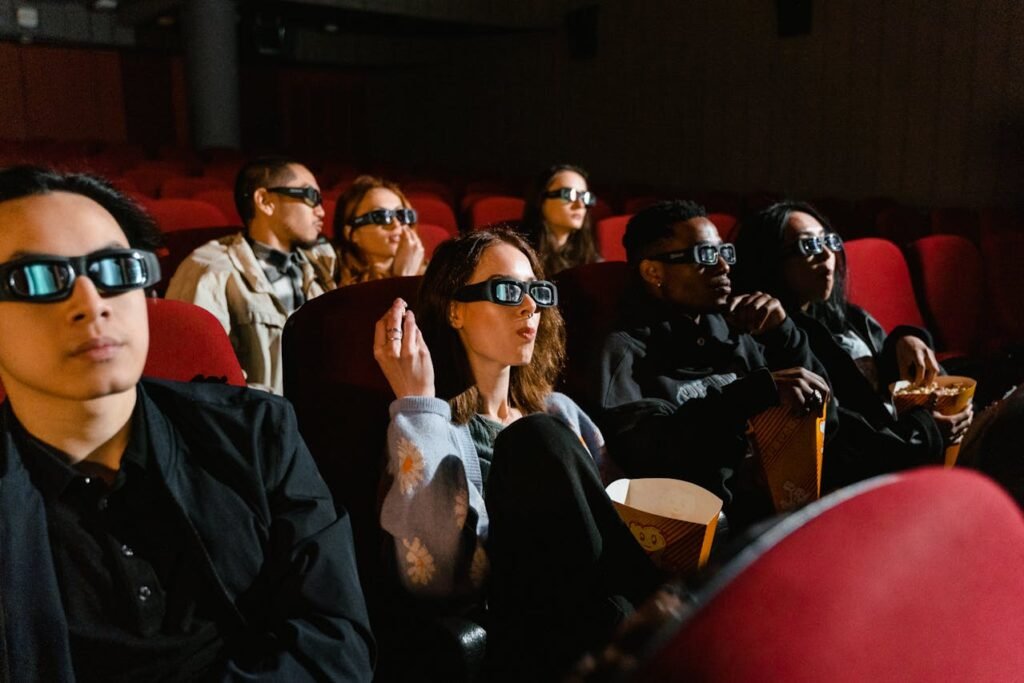In recent years, disability film festivals have emerged as vital platforms, showcasing the talents and narratives of individuals with disabilities. These festivals not only highlight unique stories but also challenge societal perceptions, fostering a more inclusive cinematic landscape.
The Emergence of Disability Film Festivals
Historically, mainstream cinema often overlooked or misrepresented individuals with disabilities. This gap led to the creation of specialized festivals dedicated to authentic portrayals.
Origins and Growth
The ReelAbilities Film Festival, established in New York City in 2007, is a prime example. Founded by Anita Altman and Isaac Zablocki, ReelAbilities began as a pioneering platform to present films by and about people with disabilities. Over the years, it has expanded to multiple cities, including Boston, Chicago, and Los Angeles, reflecting a growing demand for such narratives.
Global Expansion
Beyond the United States, the movement has gained international traction. Festivals in cities like Toronto and Mexico City have embraced the mission of showcasing disability-centric stories, indicating a global recognition of the importance of these narratives.
Community Engagement
These festivals serve as more than just film screenings. They foster community discussions, workshops, and panels, encouraging dialogue between filmmakers, subjects, and audiences. This engagement promotes understanding and breaks down barriers.
Authentic Representation in Cinema
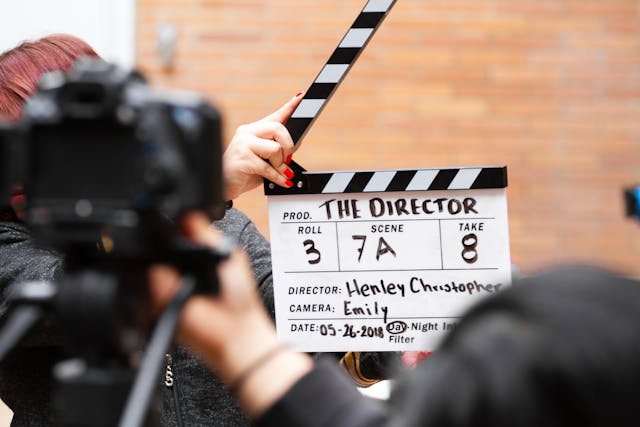
Authentic storytelling ensures that individuals with disabilities are portrayed with depth and accuracy, moving beyond stereotypes.
Challenging Stereotypes
Traditional media often depicted disabilities through a limited lens, focusing on pity or inspiration. Disability film festivals challenge these tropes by presenting multifaceted characters and real-life stories that resonate with authenticity.
Empowering Filmmakers
By providing platforms exclusively for disability narratives, these festivals empower filmmakers with disabilities to tell their own stories. This shift ensures that portrayals come from lived experiences, adding depth and credibility to the narratives.
Audience Perception
Exposure to authentic stories educates audiences, fostering empathy and understanding. As viewers engage with these films, they gain insights into the diverse experiences of individuals with disabilities, promoting societal acceptance.
Notable Disability Film Festivals and Their Strategic Importance for Businesses
Disability film festivals are not just about showcasing films; they are a powerful tool for education, advocacy, and industry change. While these festivals highlight the creativity and experiences of people with disabilities, they also offer unique opportunities for businesses to engage with an inclusive audience, support diversity initiatives, and drive meaningful change in media representation. Companies that understand the strategic value of these festivals can build stronger connections with the disability community, foster corporate social responsibility (CSR), and enhance brand credibility in accessibility and inclusion efforts.
ReelAbilities Film Festival: A Hub for Innovation and Collaboration
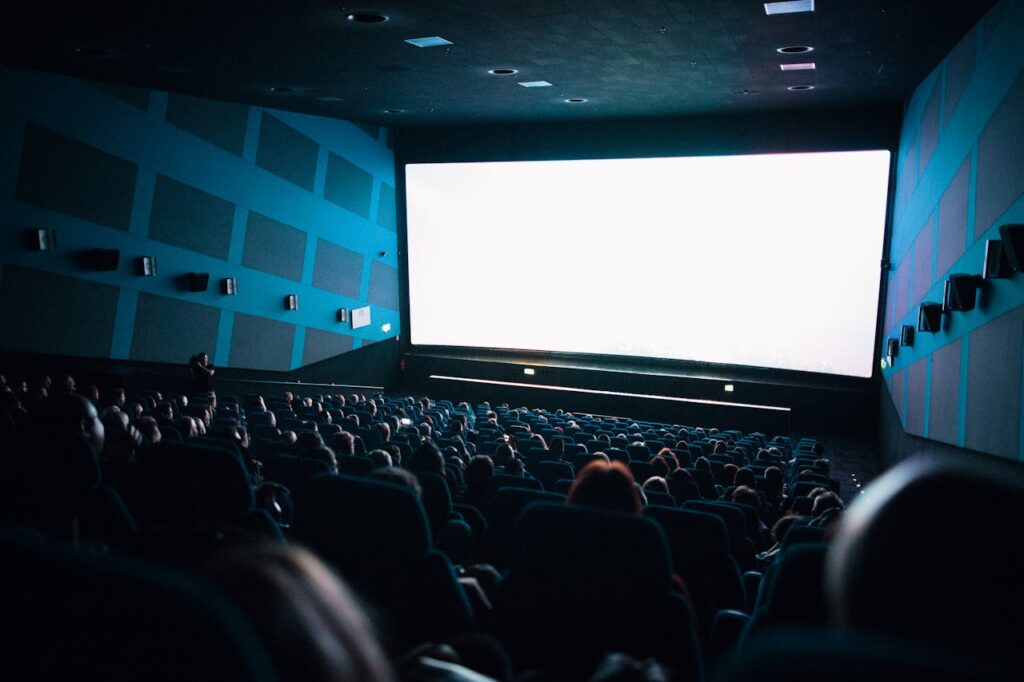
ReelAbilities is one of the most influential disability film festivals globally, providing a platform for films by and about people with disabilities. Beyond its cinematic impact, ReelAbilities has become a networking hub for business leaders, accessibility advocates, and disability-focused organizations. Companies that participate in the festival, whether through sponsorship, panel discussions, or event hosting, position themselves as leaders in the inclusion movement.
For businesses in the tech and entertainment industries, ReelAbilities offers an excellent opportunity to showcase innovations in assistive technology, accessible media production, and inclusive hiring practices. The festival also attracts policymakers and industry experts, making it an ideal place for companies to introduce new accessibility products or services and gain valuable insights from real users.
Superfest Disability Film Festival: A Space for Ethical Brand Alignment
Superfest is known for its commitment to authentic and respectful disability representation, making it a perfect venue for brands that want to align themselves with ethical and responsible storytelling. Companies in the advertising, marketing, and media production industries can benefit from supporting Superfest by gaining deeper knowledge about how to portray disability in non-exploitative ways.
Businesses that contribute to Superfest—whether through funding, partnerships, or creative collaborations—send a strong message that they are dedicated to changing disability narratives in the media. Organizations that actively engage with the festival can also leverage their involvement for internal diversity training, using the festival’s content to educate employees about bias-free disability representation.
Oska Bright Film Festival: An Opportunity to Support Neurodiverse Talent
Oska Bright is the world’s leading film festival for works made by people with learning disabilities and neurodivergent creators. This festival presents a significant opportunity for companies looking to support neurodiverse talent and expand inclusive hiring efforts. Businesses in the animation, design, and gaming industries can particularly benefit by engaging with the festival’s filmmakers, many of whom bring unique creative perspectives and storytelling techniques.
For companies looking to recruit neurodiverse employees, partnering with Oska Bright provides direct access to a talented pool of creatives who may otherwise be overlooked in traditional hiring practices. Sponsoring film screenings, hosting networking events, or supporting filmmaker training programs are effective ways to build long-term relationships with the neurodiverse creative community.
Easterseals Disability Film Challenge: A Launchpad for Corporate Social Responsibility Initiatives
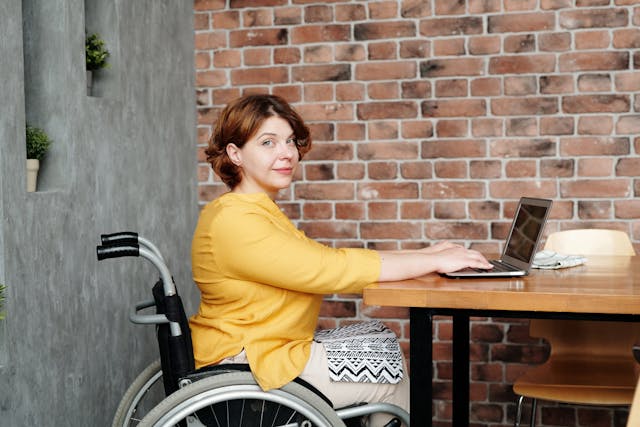
The Easterseals Disability Film Challenge provides a space where emerging filmmakers with disabilities create short films within a limited timeframe. Businesses looking to expand their CSR initiatives and support emerging disabled talent should consider investing in this festival. Since the challenge emphasizes quick storytelling, adaptability, and teamwork, it serves as an excellent case study for businesses interested in how disabled creatives approach problem-solving and innovation.
Companies that sponsor awards, provide mentorship, or fund accessibility enhancements for the challenge not only contribute to increasing disability representation in film but also gain visibility as a brand that actively invests in inclusivity. Media and entertainment businesses, in particular, can use this festival to identify up-and-coming disabled filmmakers for future collaborations.
Breaking Down Barriers Film Festival: Expanding Disability Representation in International Markets
While many disability film festivals are based in the U.S. and Europe, Breaking Down Barriers in Russia stands out as one of the largest disability film festivals in Eastern Europe. Businesses with global diversity initiatives should pay close attention to this festival, as it provides insights into how disability is portrayed and understood in different cultural contexts.
For companies working in international markets, travel, hospitality, or global accessibility advocacy, engaging with Breaking Down Barriers helps them develop a deeper understanding of cross-cultural disability representation. Businesses that support the festival can also showcase their accessibility improvements for non-English-speaking audiences, an area often overlooked in Western-focused accessibility initiatives.
The Business Case for Engaging with Disability Film Festivals
Supporting and engaging with disability film festivals goes beyond philanthropy; it is a strategic business decision that aligns with corporate inclusion goals, market expansion, and brand loyalty. Companies that actively participate in these festivals gain insights into disability culture, trends in inclusive storytelling, and real-world accessibility challenges. These insights can inform product development, advertising strategies, and hiring practices, leading to a more inclusive and forward-thinking business model.
For businesses seeking authentic engagement with the disability community, these festivals offer a direct line to disabled creatives, audiences, and industry leaders. Whether through sponsorships, panel discussions, recruitment initiatives, or product showcases, companies can position themselves as true allies in the movement for better disability representation in media and beyond.
Impact on the Film Industry
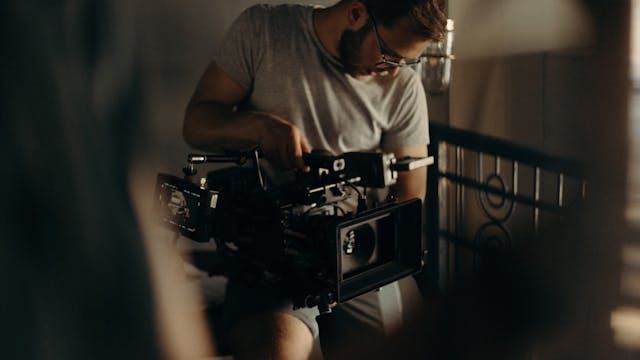
The influence of these festivals extends beyond their immediate audiences, affecting broader industry practices.
Industry Recognition
As these festivals gain prominence, mainstream film festivals and studios are taking note. Collaborations and co-screenings have become more common, integrating disability narratives into wider cinematic conversations.
Career Advancement
For filmmakers with disabilities, these festivals offer invaluable exposure. Many participants have leveraged festival screenings into broader opportunities, securing distribution deals or roles in larger productions.
Educational Resources
Beyond screenings, festivals often provide workshops, panels, and networking events. These resources equip filmmakers with the skills and connections needed to navigate the broader film industry.
Challenges and Future Directions

While progress has been made, challenges remain in achieving full inclusion and representation.
Funding and Resources
Securing adequate funding is a persistent challenge. Many disability film festivals operate on limited budgets, relying heavily on grants and donations. Increased financial support would allow for broader reach and more comprehensive programming.
Mainstream Integration
While specialized festivals are crucial, integrating disability narratives into mainstream cinema remains a goal. Encouraging major studios to produce and promote films by and about individuals with disabilities is essential for widespread representation.
Global Representation
Ensuring that disability film festivals represent diverse cultures and experiences is vital. Expanding these festivals to underrepresented regions can provide a more comprehensive global perspective on disability.
The Future of Disability Film Festivals and Their Lasting Impact
The momentum behind disability film festivals is undeniable. As the world becomes more aware of the importance of inclusivity in media, these festivals are poised to play an even greater role in shaping how disability is portrayed in cinema. However, to ensure sustained impact, continued efforts must be made to address accessibility, industry participation, and long-term growth.
Bridging the Gap Between Disability Film Festivals and Mainstream Cinema
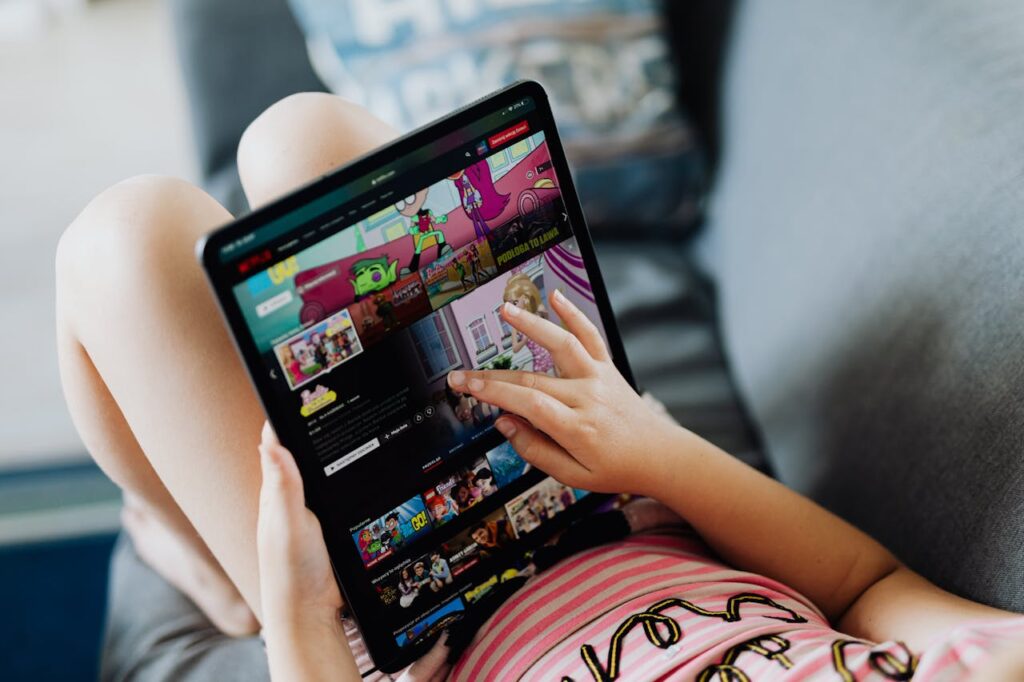
One of the most important goals for disability film festivals is closing the gap between niche disability storytelling and mainstream cinema. While these festivals create a safe and dedicated space for disability narratives, the ultimate aim should be seamless integration into major film festivals, production studios, and distribution networks.
Increasing Collaboration with Major Film Festivals – More mainstream film festivals like Sundance, Cannes, and Toronto International Film Festival (TIFF) are starting to showcase disability-centered films. However, these efforts need to be consistent rather than occasional spotlights. Establishing permanent disability film categories in these festivals would ensure year-round visibility.
Encouraging Studios to Back Disability Films – Hollywood and Bollywood are yet to fully embrace disability stories. While independent films thrive in disability film festivals, they struggle to secure major studio backing. If studios actively invest in projects discovered through these festivals, it will provide larger audiences for authentic disability films.
Making Disability Representation a Norm, Not a Trend – The risk of tokenism in disability representation remains a challenge. The industry must avoid treating disability films as a temporary social movement and instead make them a consistent part of storytelling across all genres.
By bridging the gap between disability film festivals and mainstream cinema, the industry can create a permanent and meaningful space for disability narratives in film.
Increasing Funding and Accessibility for Disability Film Festivals
For disability film festivals to reach a wider audience and attract top-tier talent, they need greater financial backing and improved accessibility. Many of these festivals rely heavily on grants, nonprofit support, and small sponsorships, which limit their growth and impact.
More Corporate Sponsorships and Film Grants – Many disability-focused organizations, advocacy groups, and even tech giants like Microsoft, Google, and Apple have supported accessibility initiatives. These companies could play a more active role in funding disability film festivals to help them expand globally.
Better Accessibility for Audiences with Disabilities – While these festivals celebrate disability narratives, many still lack comprehensive accessibility features for their audience. Future festivals should prioritize:
- Audio descriptions for blind and visually impaired viewers.
- Sign language interpreters and closed captioning for deaf and hard-of-hearing attendees.
- Accessible venues and digital streaming options for those unable to attend in person.
Scholarship Programs for Disabled Filmmakers – Offering filmmaking scholarships and mentorship programs for individuals with disabilities will ensure that more disabled creatives enter the industry and tell their own stories authentically.
With better funding and accessibility, disability film festivals can increase their global reach and make their content available to a larger, more diverse audience.
Embracing More Diverse Disability Narratives
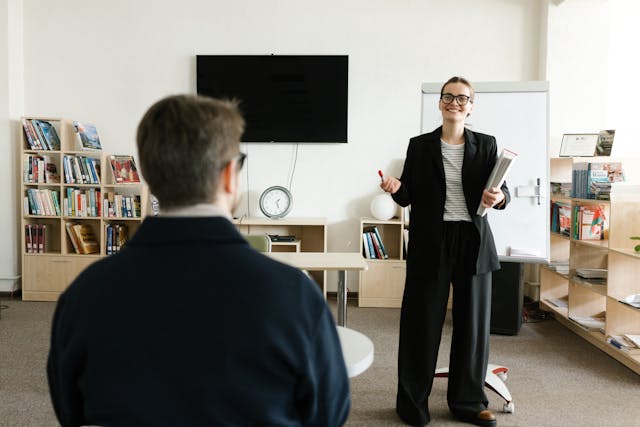
Historically, films about disability have often focused on a narrow range of disabilities, typically featuring physical disabilities such as mobility impairments or blindness. However, disability is a broad spectrum, and disability film festivals must continue working toward more inclusive storytelling.
- Showcasing Neurodiverse Stories – Autism, ADHD, and other neurodivergent experiences have been underrepresented in cinema. Films that authentically explore neurodiversity in both children and adults can provide much-needed awareness and education.
- Highlighting Mental Health and Invisible Disabilities – Chronic illnesses, PTSD, and other invisible disabilities often go unnoticed in media. By expanding their programming to include these narratives, disability film festivals can offer a more complete picture of the disability experience.
- Representing Disability in Different Cultures – Disability experiences vary widely across cultures due to differences in societal attitudes, healthcare access, and legal protections. More international participation in disability film festivals will ensure that stories from Asia, Africa, and Latin America are just as visible as those from Western nations.
By embracing more diverse disability narratives, disability film festivals can accurately reflect the complexity of disability and ensure that all voices are heard.
How Audiences Can Support Disability Film Festivals
The success of disability film festivals depends on wider public engagement. Audiences have the power to drive change by actively supporting these festivals and encouraging mainstream media to take disability representation more seriously.
- Attend and Promote Disability Film Festivals – Whether in-person or online, attending these festivals helps increase visibility and demonstrates demand for disability-centric content. Sharing films on social media, blogs, and review platforms further amplifies their impact.
- Advocate for More Disability Representation in Film – Audiences can call on streaming platforms, TV networks, and major film studios to invest in more disability-inclusive content. Writing to production houses and supporting disability-led storytelling projects ensures sustained representation.
- Encourage Schools and Universities to Screen Disability Films – Disability film festivals produce valuable educational content that can be used to teach students about disability rights, accessibility, and inclusion. Encouraging schools, colleges, and workplaces to screen disability films can help spread awareness beyond just film enthusiasts.
When audiences actively engage with disability film festivals, they help ensure that these stories reach a wider audience and remain an important part of global cinema.
Final Thoughts: The Future of Authentic Disability Storytelling in Film
Disability film festivals have already transformed the way disability is represented in cinema, but the work is far from complete. For these festivals to continue shaping global narratives, they must:
- Push for better integration with mainstream film festivals so that disability stories are not limited to niche audiences.
- Secure more funding and sponsorships to improve accessibility and expand their reach.
- Diversify the types of disabilities represented to include neurodiversity, mental health conditions, and cultural variations of disability.
- Encourage more disabled individuals to become filmmakers, ensuring that the stories being told come from authentic lived experiences.
At Robobionics, we believe that authentic representation is the key to breaking down barriers. By supporting disability film festivals, we help ensure that the voices of individuals with disabilities are heard, valued, and given the space they deserve in the world of cinema.
The future of disability storytelling is bold, inclusive, and driven by those who have lived these experiences. Through continued growth and collaboration, disability film festivals will not only reshape the film industry but also contribute to a more accepting and inclusive society for all.



